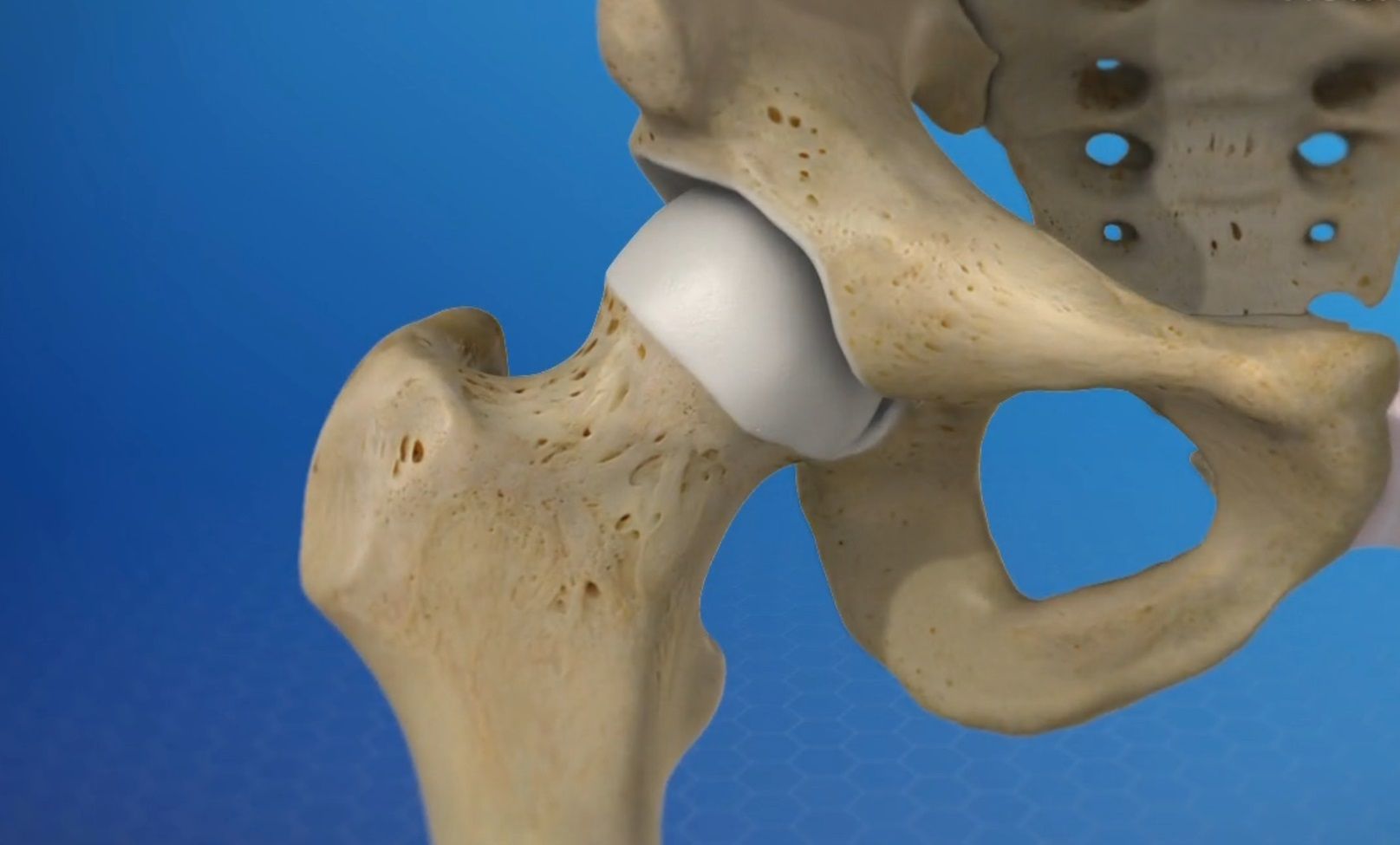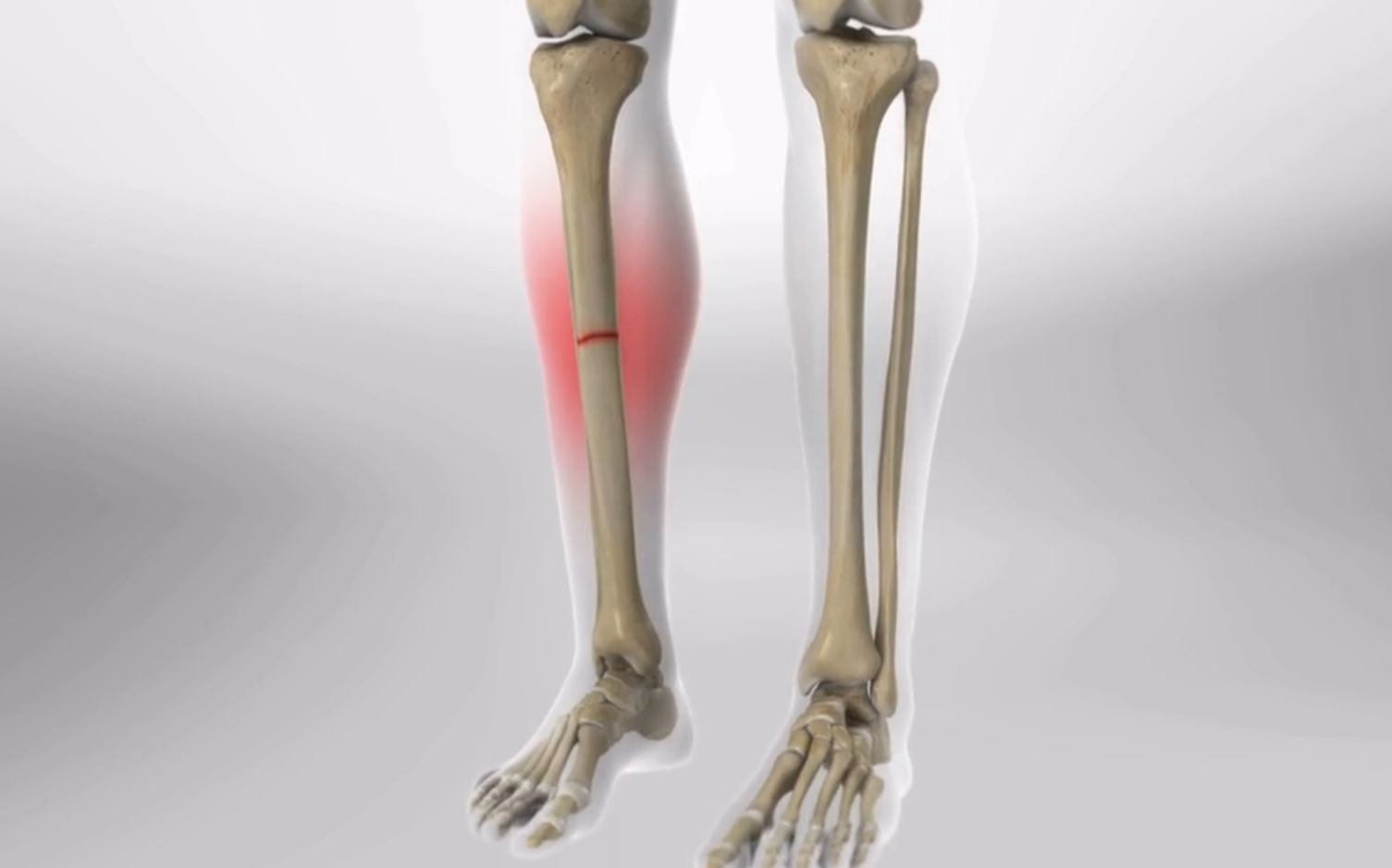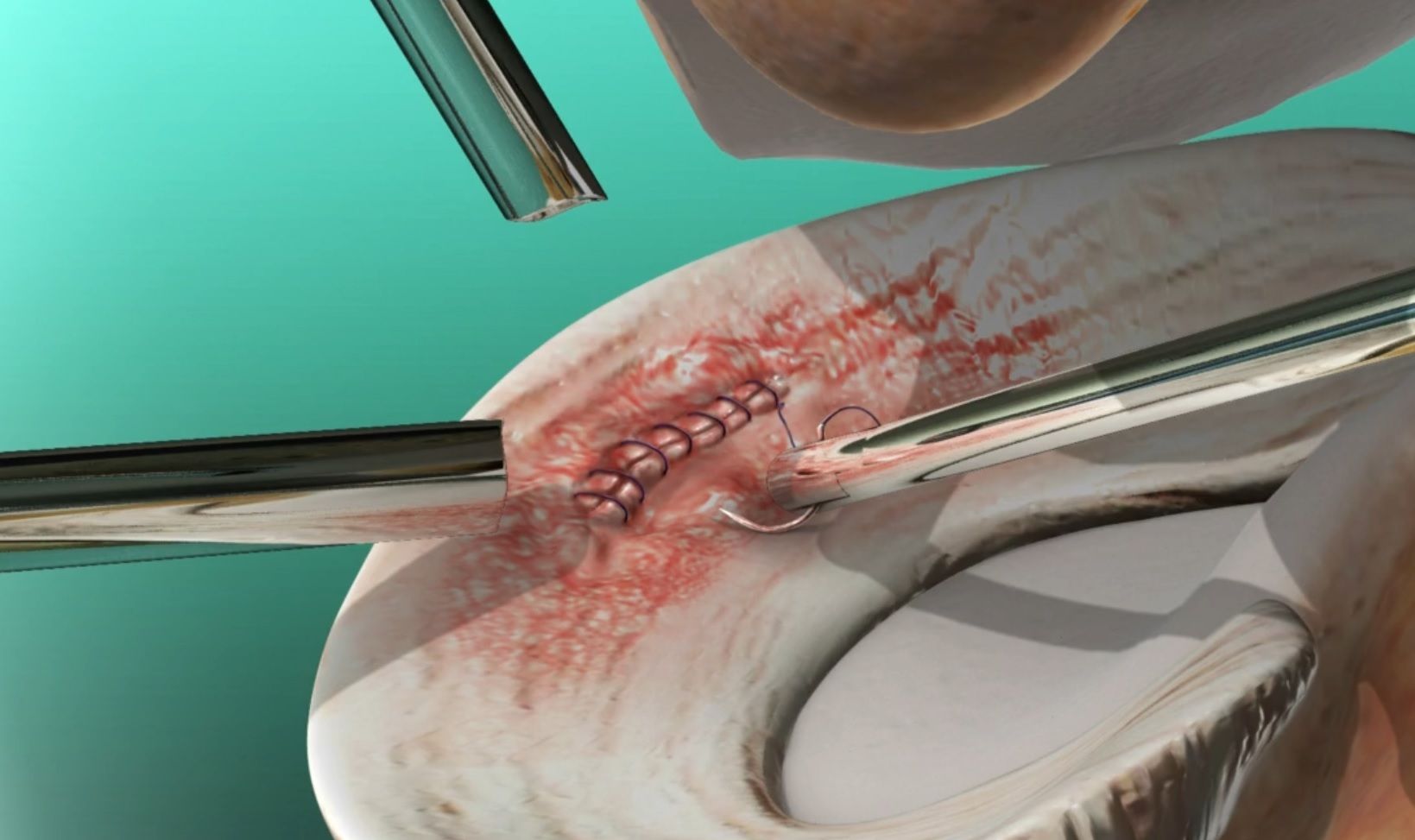Femur Fracture
Femur Fracture
Overview
The femur, commonly known as the “thigh bone”, is the largest and strongest bone in your body.
Causes
A direct blow to your thigh can fracture your femur, as can a vehicle crash or fall. Conditions that weaken your bones, like osteoporosis, make a fracture more likely.
Types of Fractures
Femur fractures can happen at the top near the hip socket, along the shaft in the middle of the bone, or down near the knee. Your bone may break in a clean line, at an angle, or in a spiral pattern. The fracture may be just crack the bone or break the bone in two or more pieces. A serious break may pierce the skin, greatly increasing the risk of infection.
Symptoms
A femur fracture is unmistakable, as you will feel significant pain and will be unable to put any weight on it.
Treatment
Most femur fractures need surgery to align the bone, often with the use of rods or metal plates and screws. You may need a cast or a brace. Expect to have physical therapy after the bone has healed to help build up muscle strength and leg mobility.
Revised from www.viewmedica.com © Swarm Interactive. Unauthorized duplication is strictly forbidden.
- Category / Injury




